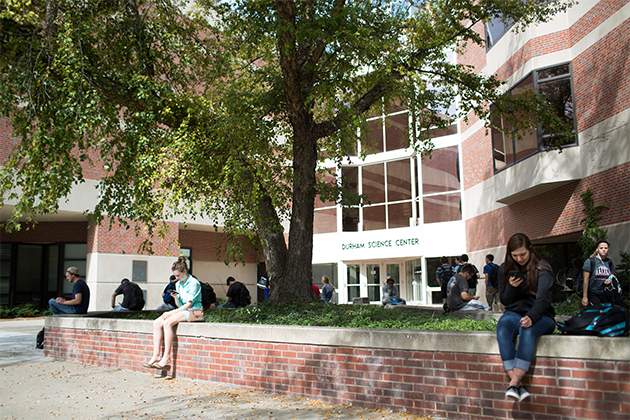Peer assisted study sessions
Regularly-scheduled, informal, peer-assisted study sessions where students compare notes, discuss readings, develop organizational tools, and predict test items.

Supplemental Instruction (SI) uses regularly-scheduled, informal, peer-assisted study sessions where students compare notes, discuss readings, develop organizational tools, and predict test items. Students learn how to integrate course content and study skills while working together.
The purpose is threefold:
- To reduce rates of attrition within targeted historically difficult courses.
- To improve student grades in targeted historically difficult courses.
- To increase the graduation rates of students.
Because all students in a targeted course are urged to attend SI sessions, students with varying ability levels and ethnicities participate. SI is not remedial since the program targets high-risk courses rather than high-risk students.
The SI leader is the “model student,” a facilitator who helps students to integrate course content and learning strategies. SI leaders attend course lectures, take notes, read all assigned materials and conduct three to five out-of-class SI sessions a week.